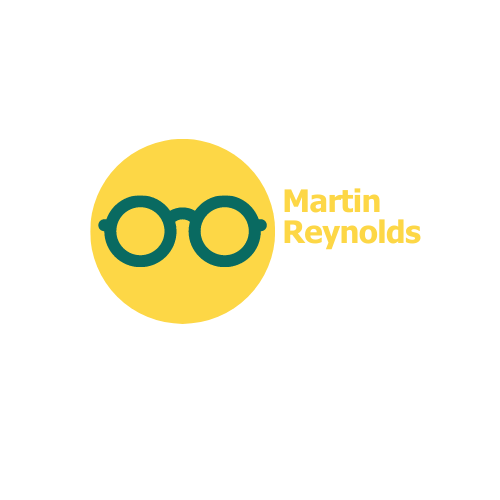Debunking Myths About Glasses and Contacts Dispelling Common Misconceptions
Wearing glasses and contacts is not an uncommon phenomenon in today’s world. Millions of people rely on these corrective lenses to improve their vision and go about their daily activities effortlessly. However, there are still many myths and misconceptions surrounding their usage. In this article, we aim to debunk some common myths about glasses and contacts to provide a better understanding of these essential visual aids.
Myth #1: Wearing glasses weakens your eyesight
One of the most prevalent myths about glasses is that they weaken your eyes over time, making your vision dependent on them. However, this is far from the truth. Glasses are designed to correct refractive errors and improve vision clarity, not weaken your eyes. In fact, wearing properly prescribed glasses can reduce eye strain and fatigue, improving your overall visual experience. It is important to note that as you age, changes in your eyesight are generally due to natural factors such as aging or medical conditions, not because of wearing glasses.
Myth #2: Wearing contacts permanently damages your eyes
There is a misconception that wearing contact lenses can permanently damage your eyes. While it is true that improper use or poor hygiene when wearing contacts can cause eye infections or other complications, when used correctly, contacts are safe and have minimal risk. It is crucial to follow your eye care professional’s instructions, including proper cleaning, storage, and replacement of lenses, to ensure good eye health. Additionally, regular visits to your eye doctor for check-ups are essential for monitoring the condition of your eyes and ensuring the suitability of wearing contacts.
Sub-heading 1: Glasses vs. Contacts
Now that we have debunked a couple of misconceptions about glasses and contacts, let’s explore the key differences between the two.
1. Convenience: Glasses are generally considered more convenient, as they can simply be put on or taken off as needed. On the other hand, contacts require more maintenance, including regular cleaning, storing, and replacement.
2. Lifestyle considerations: Contacts are often preferred by those with active lifestyles or athletes, as they provide clear vision without the hindrance of glasses frames. Additionally, contacts do not fog up in cold weather or get wet in rainy conditions like glasses do.
3. Availability for various prescriptions: While glasses can accommodate a wider range of prescriptions, including complex ones, contacts are available in a limited range of powers and may not be suitable for everyone. Consulting with an eye care professional is essential to determine the best option for your specific visual needs.
Sub-heading 2: Caring for your glasses and contacts
To ensure optimal performance and longevity of your glasses and contacts, proper care is vital. Here are some key tips for caring for your corrective lenses:
1. Glasses:
– Use a microfiber cloth to clean your glasses, avoiding using tissues or clothing, as these can scratch the lenses.
– Store your glasses in a protective case when not in use to prevent damage.
– Avoid placing your glasses face down, as this can cause scratches on the lenses.
2. Contacts:
– Follow your eye care professional’s instructions for cleaning and disinfecting your contact lenses.
– Replace your contacts as recommended, as wearing lenses beyond their intended lifespan can lead to eye infections or discomfort.
– Avoid sleeping or swimming with your contacts on, as this increases the risk of eye infections.
In conclusion, it is essential to debunk the myths surrounding glasses and contacts to promote better understanding and usage of these corrective lens options. Remember, wearing glasses does not weaken your eyes, and contacts, when used correctly, are safe and effective. Consider your lifestyle and visual needs when choosing between glasses and contacts, and always follow proper care guidelines provided by your eye care professional.
